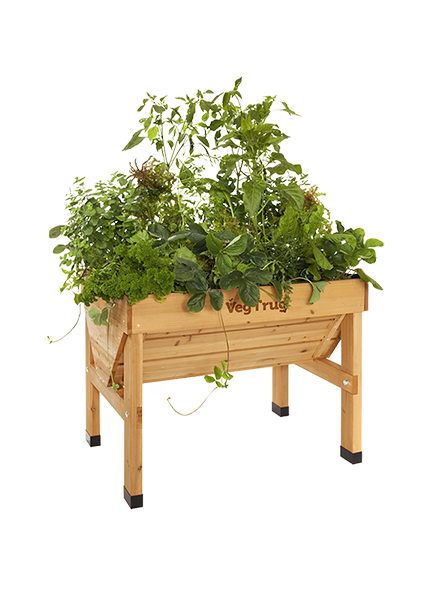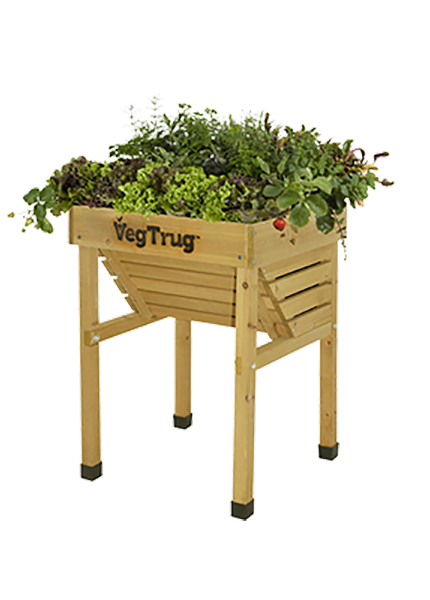Thyme is a great herb that’s easy to grow and does well when left alone. It’s brilliant when used in cracks between rocks and paving and grows well at almost any time of year, just give it some full sun and you’ll be enjoying the fragrant herb in your dishes all year.
The leaves keep their flavour, even after flowers have appeared. There are around 200 varieties to choose from and most produce stunning white, pink and purple tube-like flowers.
Read more about this popular Mediterranean herb in our ‘how to grow Thyme’ guide.
It’s from the Mediterranean, so thyme needs sunlight, not shelter and because it’s relatively hardy it can be planted at any time of the year and will grow enough to produce those tasty leaves. In winters you might need to add a layer of mulch just to give it a helping hand.
When it comes to how to grow thyme some argue that it’s quite tricky to grow thyme from seed, instead choosing to grow from a cutting or planting a young thyme plant. From seed you’ll need to propagate your thyme in a small pot and plant outside around six weeks later when the roots have established enough.
Thyme will thrive in pots or a container, like a VegTrug, as long as the soil is light and well drained. If thyme stays wet there is a chance it will rot. But other than that, thyme’s happy when left to get on with things. Because thyme likes poor quality soil, it won’t necessarily grow well with other plants that need good-quality soil.
While thyme plants are fairly robust and can handle droughts, be sure not to let them dry out for too long a period in hotter months.
Once the flowers have appeared, trim your thyme back. This will encourage new growth, otherwise you’ll get wood-like growth.
Thyme is a pretty carefree plant, but as with all herbs and vegetables can suffer from one or two issues. When you’re learning how to grow thyme you might come across the Rosemary beetle, a distinct and colourful red and green metallic insect.
The beetle and its larvae will quickly eat the leaves. But it’s quite easy to spot and you can pick the beetle off by hand.
And as mentioned if your thyme stays wet the roots can suffer rot. Use well drained soil and consider bringing the plants indoors during winter months.
You can pick thyme at any time, but it’s at its tastiest in the summer before the flowers appear. Thyme also dries well. Dry them fully and store in an air-tight container. When harvesting be sure to keep two-thirds of the plant behind.
How to grow Thyme is part of the VegTrug Grower’s Guide.

